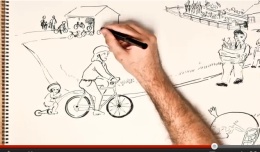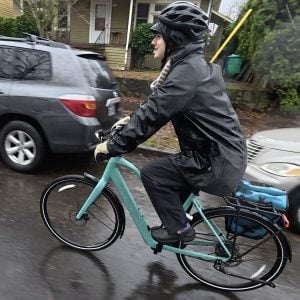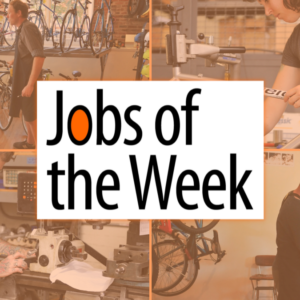
a lot like Portland.
With the Occupy Wall Street movement continuing to spur discussions across America about a fundamental shift in how we approach our lives and our economy, now seems like a good time to propose a different path.
For many people in Portland, what could be considered a different path to the majority of America has been the reality here for years now.
Today I was forwarded a video about the “Plenitude Economy.” The idea is being promoted by the Center for the New American Dream. If you have 5 minutes, it’s worth watching. After a quick summary of how we got into our current mess, a cool animation explains how we might move forward differently.
I was struck by the video and how closely it mimics not only my own thinking, but how it looks like it was modeled after some of the people and neighborhoods I know of in Portland — the same people that inspired me to start taking pictures and writing about them when I moved here from California in 2005.
When I listened to the narration and watched the illustrations in the video it was impossible to not think of neighborhoods like inner Southeast, Alberta, Woodlawn, and others.
This “Plenitude” concept adds further validation to the idea that bigger isn’t always better and that, as Elly Blue wrote back in February, bicycling — and the myriad external benefits it brings to communities — really could be the key to saving our economy (and our planet).





Thanks for reading.
BikePortland has served this community with independent community journalism since 2005. We rely on subscriptions from readers like you to survive. Your financial support is vital in keeping this valuable resource alive and well.
Please subscribe today to strengthen and expand our work.
One of the things I’m struck by is how more time commuting and more time on the job leads people to more driving and more kid-schlepping.
What a GREAT use of my 5 minutes. I forwarded it along to my family/ friends. Thanks Jonathon!
This kind of magical thinking is the product of someone who spent their time doodling during macro and micro econ.
That’s funny uncle muscles.
I think “magical thinking” better describes an economy based on speculation and continuous, unbridled growth regardless of consequences to quality of life.
do you have a specific critique?
seems to me “magical thinking” is when a trillion dollars that never actually existed suddenly disappears and all of a sudden millions of people have nothing to eat and nowhere to sleep.
and when we elect leaders based on “hope and change” and all we’re really doing is electing more of the same old crap.
that’s awesome… I like that it’s not about bikes, but it includes bikes, and other physical activity, in the solution…
Good ideas, and boy howdy that guy can draw, but whenever I hear that Americans are working longer hours, I have to ask: How much of that time is spent actually “working” and not smoking, drinking coffee, taking long lunches, and surfing the net? Would the proposed fifth worker have enough job tasks or would he/she just be doing what I listed above?
Very nice work.
Also, Amy Walker’s new book, “On Bicycles,” is very much worth a read.
This sounds like another name for some of the concepts of permaculture.
Nick, people do those things you’re talking about to relieve stress and, often, to deal with non-work related life tasks (family, medical, legal, etc), that their too long of work hours don’t allow them to deal with outside of work hours. People are more productive when they have fewer working hours for the same amount of work (to a point).
Id gladly share my work with someone and take a pay cut for more time off! I work far too much, but in my industry I either work too much or not at all (part of the reason Im considering a career change). This made me feel warm inside, but Ive also seen some pretty poor results of amateur home improvement.
Looks really familiar. My wife and I are in health care, so it’s easy to work more or fewer hours depending on what we need. I wish there was more support for this sort of thinking out there.
I particularly like how it addresses the ills of consumption as a substitute of building relationships and community. The latter, in my opinion, are the true measures of happiness.